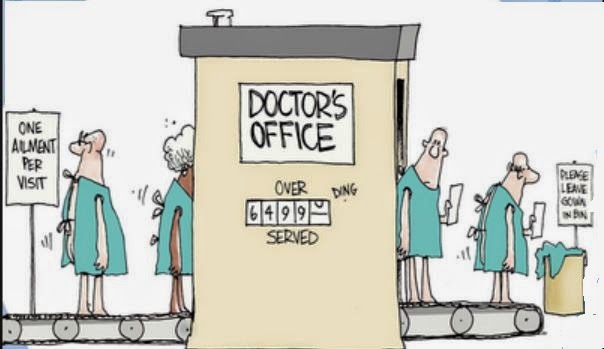Refusing Treatment
At an Ottawa walk-in clinic last winter, a patient requested a prescription and was denied. Instead, she was handed a letter explaining that the one doctor on duty that day would not fill the prescription "because of reasons of my own medical judgment, as well as professional ethical concerns and religious values."In fact, it was neither.
The long-standing policy of the College of Physicians and Surgeons of Ontario (CPSO), and other medical regulators across the country, is that doctors can refuse to provide treatment on moral or religious grounds as long as the case is not an emergency and the patient can access care elsewhere.
The patient, who is 25 and married, was able to find a doctor at another clinic to write her a prescription. But what if she had lived in a more remote area with fewer accessible doctors? What if the doctor at the next clinic also objected?
Canada's medical regulators, who, after all,is a publicly funded system, should be able to guarantee timely, comprehensive care for all, regardless of the moral world view of the doctors who happen to be nearby. In this case, a physician effectively denied her access to the services of a facility she helped pay for because he didn't like the common and medically accepted drug she requested.




Comments
Post a Comment